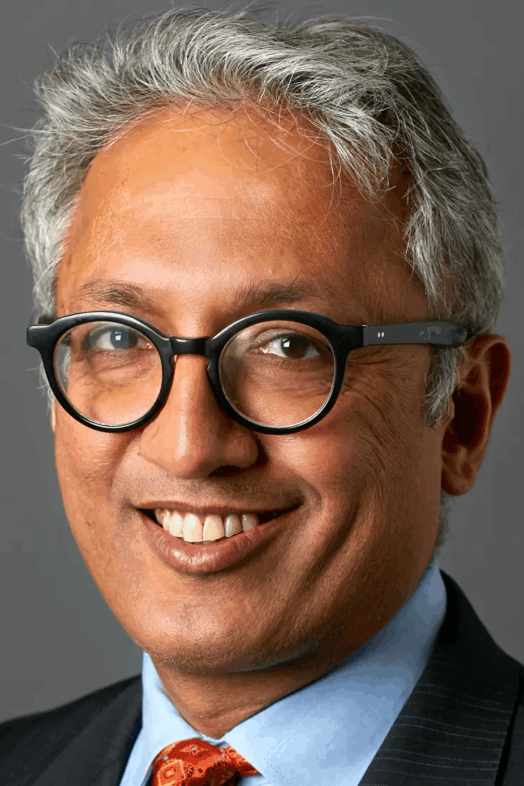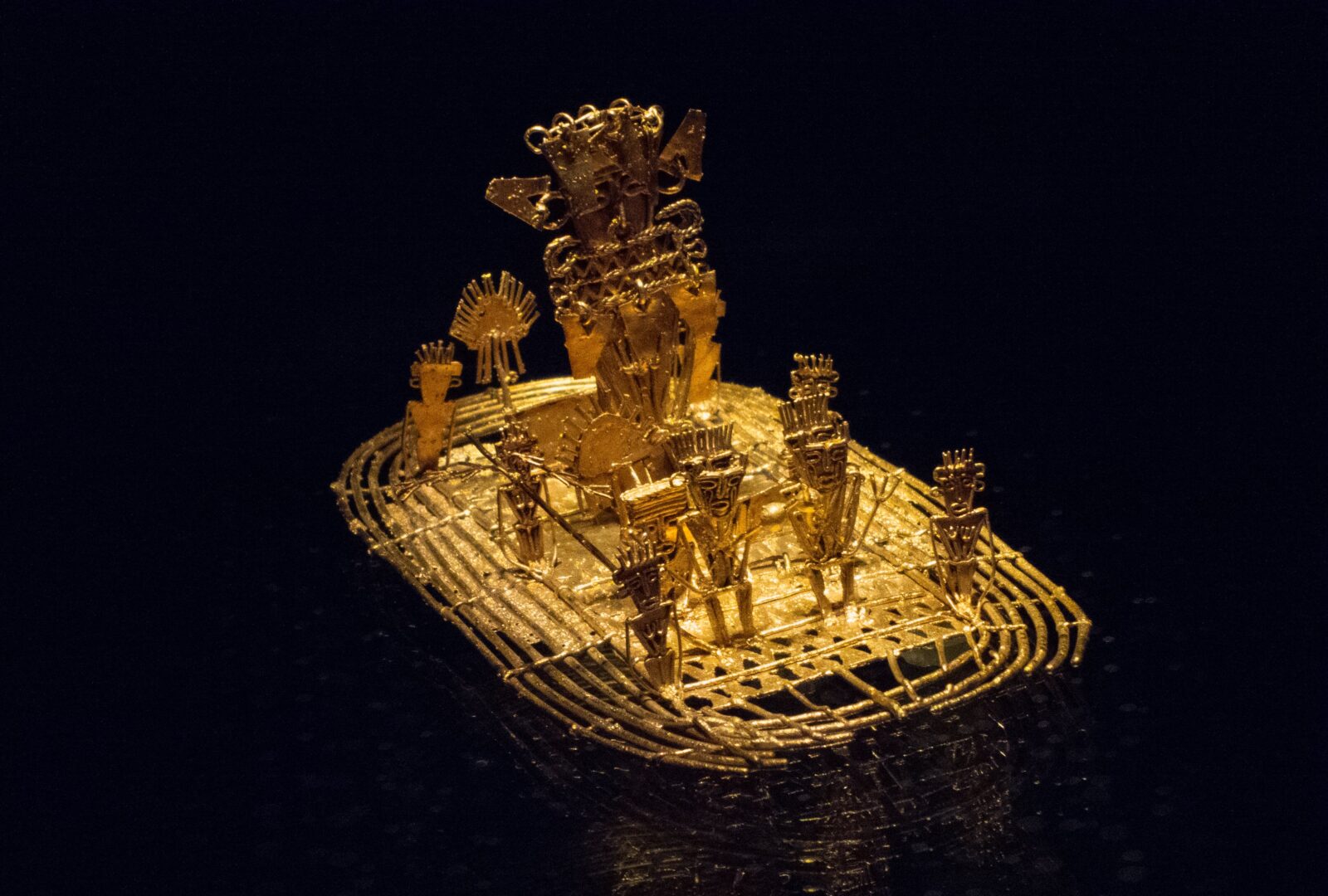Book Talk: Blood and Treasure
What do the historical interactions of war with financial innovation, economic incentives, and technological change mean for the world today?
Tariffs, sanctions, export controls, supply chain security, and industrial policies. We live in a world where the linkages between conflict and the economic sinews of countries and alliances have returned to the center of policymakers’ concerns. But this is hardly new – states have long known that power and plenty go together and are now ramping up their actions based on this realization again. In an engaging new book, Duncan Weldon traces these connections through cases that range from Genghis Khan’s pivotal role in globalization to the Bank of England’s contribution to British expansion; from the incentive structures of Caribbean piracy to the immense costs of the 20th century’s total wars.
Join the author and Karthik Sankaran, senior research fellow in geoeconomics in the Quincy Institute’s Global South program, to examine these examples from the past and the lessons for the present and the future, particularly for the Global South, as we discuss Blood and Treasure: The Economics of Conflict from the Vikings to the Modern Era.
The conversation will take place on Thursday, December 4th from 10:00 – 11:00 AM Eastern Time.
Program
Entities
Panelists

Duncan Weldon
Duncan Weldon is a writer and broadcaster. As a journalist he has previously covered global economies at The Economist and the BBC, as well as presented radio documentaries. As an economist, he began his career at the Bank of England, before working in asset management and public policy. He is a member of the advisory board of the Centre for the Analysis of Comparative Advantage in the Global Economy at Warwick University. He is also a regular commentator on television and radio and writes for a variety of publications. Duncan's first book, "Two Hundred Years of Muddling Through", was published in Britain and he lives in London.

Karthik Sankaran
Karthik Sankaran is a senior research fellow in geoeconomics in the Global South program at the Quincy Institute for Responsible Statecraft. Among other projects, he recently completed a brief on the U.S. - Mexico economic relationship. Originally trained as a historian, he had a long career in finance beginning in 1997, where he focused on foreign exchange and fixed income in emerging markets. He then joined Eurasia Group as Director, Global Strategy, where he worked with country and regional teams to chart feedback loops among political and geopolitical risks, macroeconomics, and market responses. His interests include the structure of the international monetary and financial system; strategies for economic development and resilience; and the weaponization of finance and trade.

